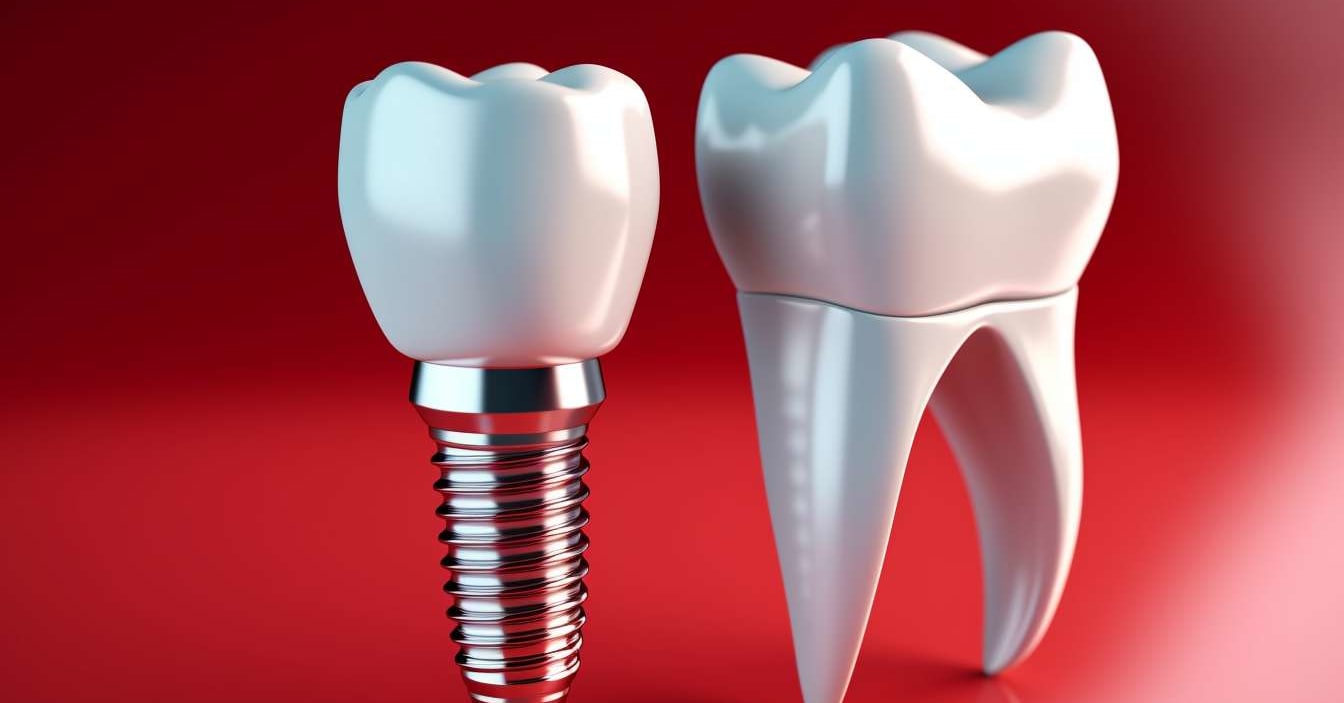Dental Implant Costs and Options in Australia for 2025: Comprehensive Guide and Alternatives
Dental implant costs in Australia for 2025 vary widely based on procedure type, materials, and patient needs. This guide explores pricing, available options, alternatives like dentures, financing plans, and where to find affordable or reduced-cost treatments.

Understanding the Cost Structure of Dental Implants
The cost of dental implants in Australia can vary significantly based on several factors. These include the number of implants needed, the complexity of the procedure, the materials used, and the experience of the dental professional. Generally, the cost structure for dental implants can be broken down into several components:
-
Initial consultation and planning
-
Implant placement surgery
-
Abutment placement
-
Crown or prosthetic tooth
-
Any additional procedures (e.g., bone grafting or sinus lifts)
It’s important to note that while the upfront cost may seem high, dental implants often prove to be a cost-effective long-term solution due to their durability and low maintenance requirements.
Price Ranges for Dental Implant Options in Australia 2025
As we look towards 2025, the price of dental implants in Australia is expected to remain relatively stable, with some potential fluctuations due to advancements in technology and changes in material costs. While exact prices can vary, here’s a general overview of what you might expect to pay:
| Implant Type | Estimated Cost Range (AUD) |
|---|---|
| Single Tooth Implant | $3,000 - $6,500 |
| All-on-4 Implants (full arch) | $20,000 - $35,000 |
| Full Mouth Reconstruction | $25,000 - $80,000 |
Prices, rates, or cost estimates mentioned in this article are based on the latest available information but may change over time. Independent research is advised before making financial decisions.
It’s crucial to remember that these are estimated ranges, and the final cost will depend on individual circumstances and the specific dental practice you choose.
Dental Implant Alternatives and Their Costs
While dental implants are often considered the gold standard for tooth replacement, they may not be suitable or affordable for everyone. Several alternatives exist, each with its own cost structure:
-
Dental Bridges: A more traditional option, bridges typically cost between $2,000 and $5,000 per tooth.
-
Partial Dentures: These removable appliances can cost anywhere from $1,000 to $3,000.
-
Full Dentures: Complete sets of dentures usually range from $2,000 to $8,000 per arch.
-
Resin-bonded Bridges: Also known as Maryland bridges, these can cost between $1,500 and $3,000 per tooth.
Each of these alternatives has its own set of pros and cons, and the best choice will depend on individual circumstances, budget, and oral health needs.
Considerations for Treatment Eligibility and Planning
Not everyone is an ideal candidate for dental implants. Several factors need to be considered during the treatment planning phase:
-
Bone Density: Sufficient bone density is crucial for successful implant placement. If bone loss has occurred, additional procedures like bone grafting may be necessary.
-
Overall Health: Certain medical conditions, such as diabetes or heart disease, can affect healing and may impact eligibility.
-
Smoking: Smoking can significantly reduce the success rate of dental implants and may disqualify some patients.
-
Oral Hygiene: Good oral hygiene practices are essential for the long-term success of dental implants.
-
Age: While there’s no upper age limit for implants, younger patients may need to wait until their jaw has fully developed.
A thorough evaluation by a qualified dental professional is necessary to determine if dental implants are the right choice for you.
Financing and Payment Options
Given the significant investment that dental implants represent, many patients in Australia seek financing options to manage the cost. Here are some common approaches:
-
Health Insurance: Some private health insurance plans may cover a portion of the implant cost, particularly if it’s deemed medically necessary.
-
Payment Plans: Many dental practices offer in-house payment plans, allowing patients to spread the cost over several months or years.
-
Medical Credit Cards: Specialized credit cards for healthcare expenses can provide low or no-interest financing options.
-
Personal Loans: Some patients opt for personal loans to cover the cost of their dental implants.
-
Superannuation: In certain circumstances, you may be able to access your superannuation early to pay for medical treatments, including dental implants.
It’s important to carefully consider all financing options and their long-term implications before making a decision.
Dental implants represent a significant investment in your oral health and overall well-being. While the costs can be substantial, the long-term benefits often outweigh the initial expense for many patients. As we look towards 2025, advancements in technology and techniques may further improve the accessibility and affordability of dental implants in Australia. However, it’s crucial to consult with a qualified dental professional to determine the best course of action for your individual needs and circumstances.
This article is for informational purposes only and should not be considered medical advice. Please consult a qualified healthcare professional for personalized guidance and treatment.




